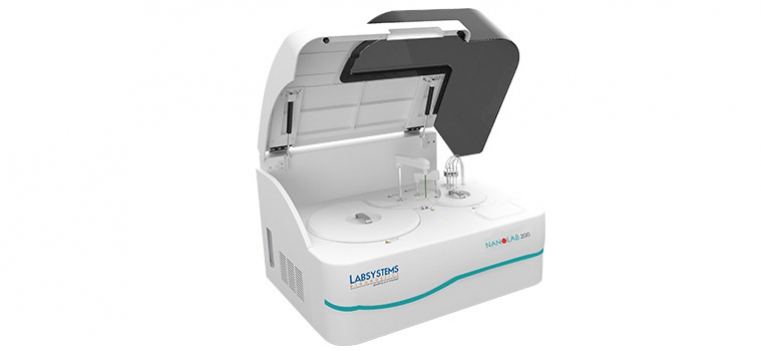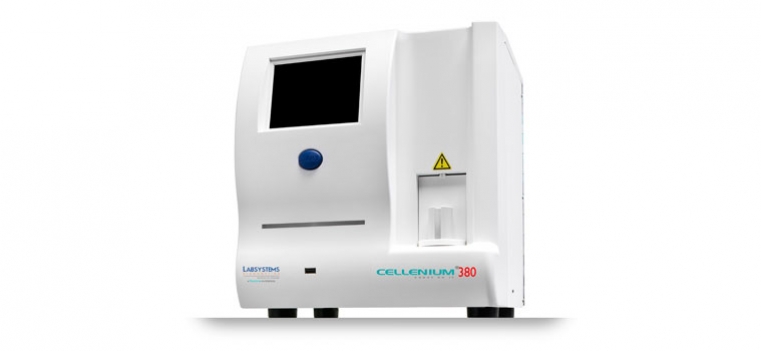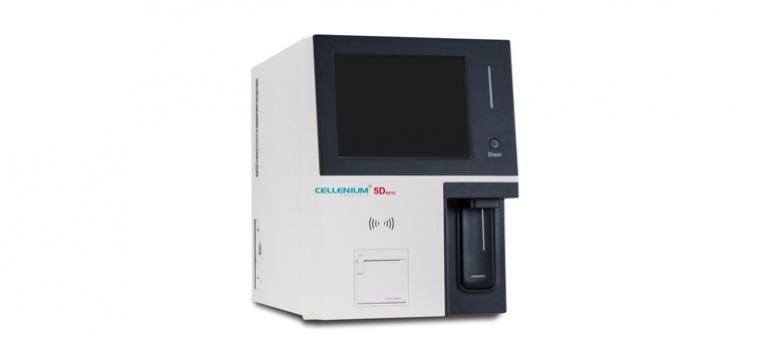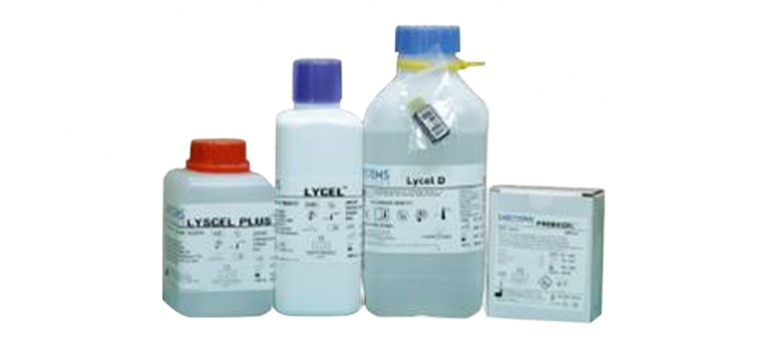A thorough analysis of laboratory findings in patients suffering from COVID-19 pinpoints the lab values that could facilitate predicting the course of COVID-19 disease. Various biological parameters like Lymphocytes, C-reactive protein (CRP), procalcitonin (PCT), D-dimer, and other inflammatory, organ function, and cardiac markers might flag risk and poor outcomes in severely ill patients.
A recent study conducted to find characteristics of SARS-CoV-2 lab findings, with a special focus on severe and critically ill patients revealed the following laboratory findings:
Lymphopenia: Also known as lymphocytopenia, is a condition of reduced white blood cell (WBC) count in blood. WBCs are important part of the body’s defense mechanism. During an infection, as in COVID‑19, the WBCs attack, attach and facilitate secretion of chemicals that fight against the virus. It is for this reason, platelet count-to-lymphocyte ratio and neutrophil/lymphocyte ratio could serve as new indexes for worsening COVID-19.
Deranged clotting factors: Changes in blood coagulatory factors have also been observed in severely ill COVID-patients. Severely ill COVID-19 patients were found to have raised levels of D-dimer, prolonged prothrombin time and shortened activated partial thromboplastin time. Diagnostic tests have also revealed that in critically ill COVID-19 patients, fibrinogen can increase in the initial stages of the severe disease but decline in the later stages.
Increased Alanine Aminotransferase (ALT) and Aspartate Aminotransferase (AST): It has been observed that in patients suffering from COVID-19, the levels of ALT and AST increases. Both ALT and AST is secreted by the liver along with few more liver enzymes. An increases in the levels of ALT and AST can be correlated to possible liver damage due to COVID-19, however, any solid proof is yet to be obtained.
Increased Creatinine Levels: Corona positive patients with severe infection showed to have developed acute kidney insufficiency thus presenting raised serum creatinine levels.
Increased Inflammatory Markers: The inflammatory markers are a disparate set of biomarkers that are used clinically to assess a patient for presence/absence of an active inflammatory disease process. In COVID-19 patients, elevated levels of CRP is a common laboratory finding.
Decreased Albumin levels: Albumin is synthesized by the liver, which plays an important role in maintaining body nutrition and osmotic pressure. A decrease in the levels of albumin is most likely due to liver damage and is likely to be caused by adverse drug reactions and systemic inflammation in critically ill patients with COVID-19.
Additionally, in patients with severe disease, lab findings have also revealed lower levels of CD4 and CD8 cells (a type of WBC) and higher levels of inflammatory cytokines (IL-1β, IL-6, IL-10). CD3+T cells, IP-10, MCP-3, and IL-1ra.
It can be rightly concluded that close monitoring of the T lymphocyte subsets and cytokines might be useful in obtaining valuable information about the disease status during the treatment process.
Trivitron offers a wide range of Laboratory Solutions for accurate monitoring of these Clinical Chemistry & Hematology Parameters for early diagnosis of COVID-19.
Labmate : Semi-Automated Clinical Chemistry Analyser
Nanolab 200 : Fully-Automated Clinical Chemistry Analyser
Clinreact : Clinical Chemistry Reagents
Cellenium 380 : 3 Part Differential Hematology Analyser
Cellenium 5D Retic : 5 Part Differential Hematology Analyser with Retic

![800×400 [1]](https://www.trivitron.com/blog/wp-content/uploads/2020/09/800x400-1.jpg)





